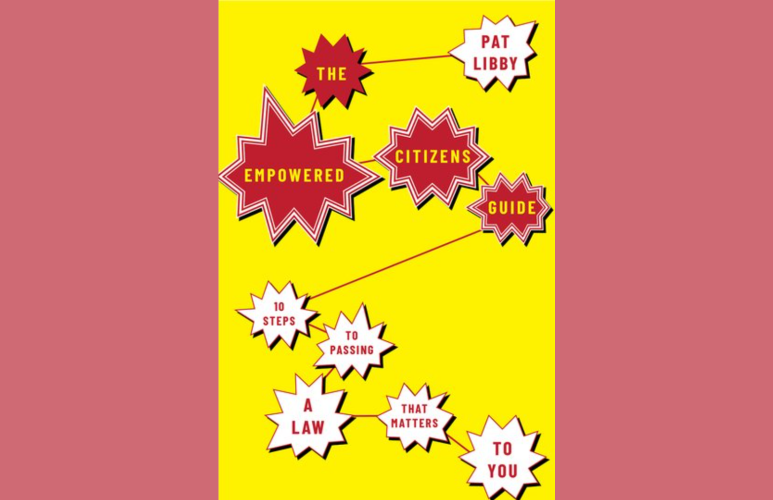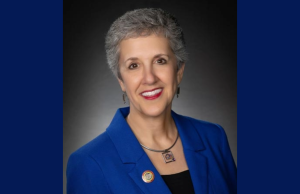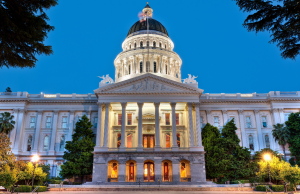There are a million and one reasons why charities — 501(c)(3) organizations specifically — don’t lobby. They mostly have to do with nonprofit leaders being ignorant of the law, wrongly thinking that it’s expensive, and not knowing where to start. As a case in point, only 2.5% of charities report being actively engaged in lobbying activities, according to Internal Revenue Service data.
However, lobbying is one of the most important ways nonprofits can empower the communities and people they serve. It is arguably, one of the single most effective ways that nonprofits can advance their mission.
A simple and powerful example can be found in Serving Seniors — a San Diego, California-based organization that provides an array of services including nutritious meals, housing, health care, and social services to low-income seniors. The organization recently successfully lobbied for the passage of a game-changing county-wide pilot program that will provide seniors who are at-risk of becoming homeless with a $500 rental subsidy.
According to Pat Libby, author of The Empowered Citizens Guide: 10 Steps to Passing a Law that Matters to You (Oxford University Press, 2022), the county program is based on a survey conducted by Serving Seniors that found some seniors were paying more than half their income on rent. A shallow subsidy is a logical way to prevent more seniors from becoming homeless at a time when one in four homeless people in the area are older than age 55, and 43% are first time homeless, survey data showed, according to Libby, the founding director of The Nonprofit Institute at the University of San Diego.












